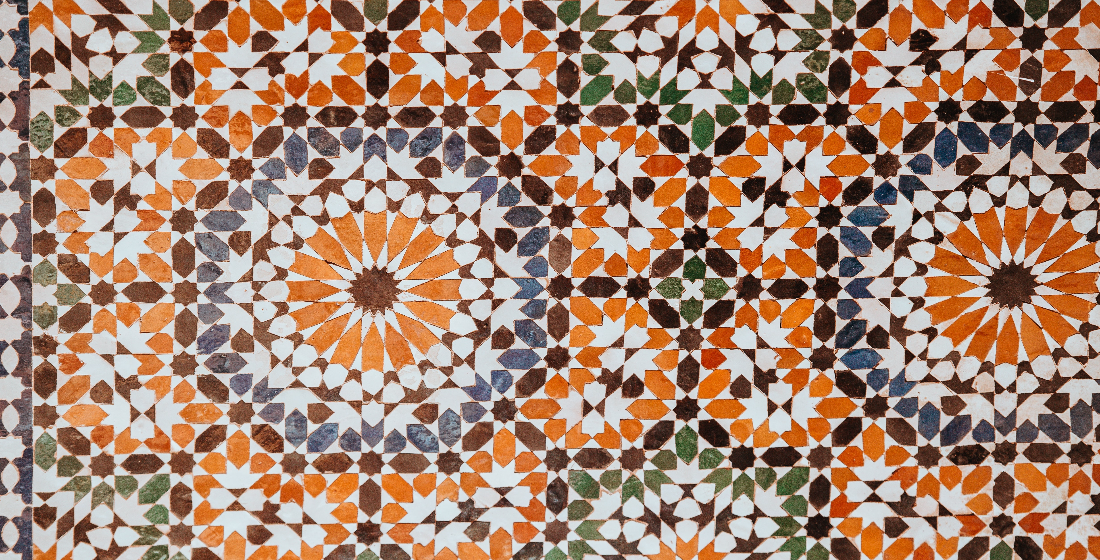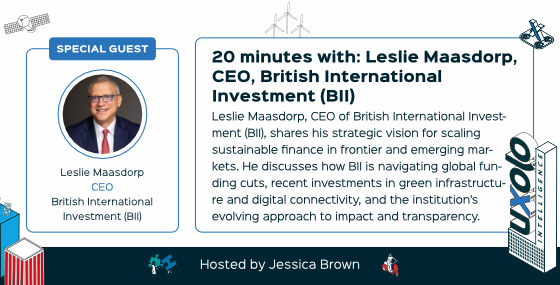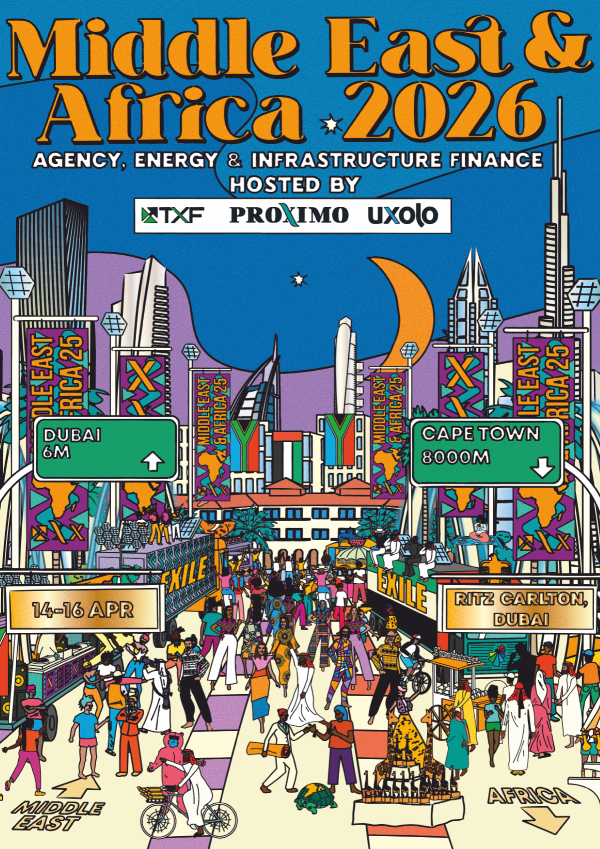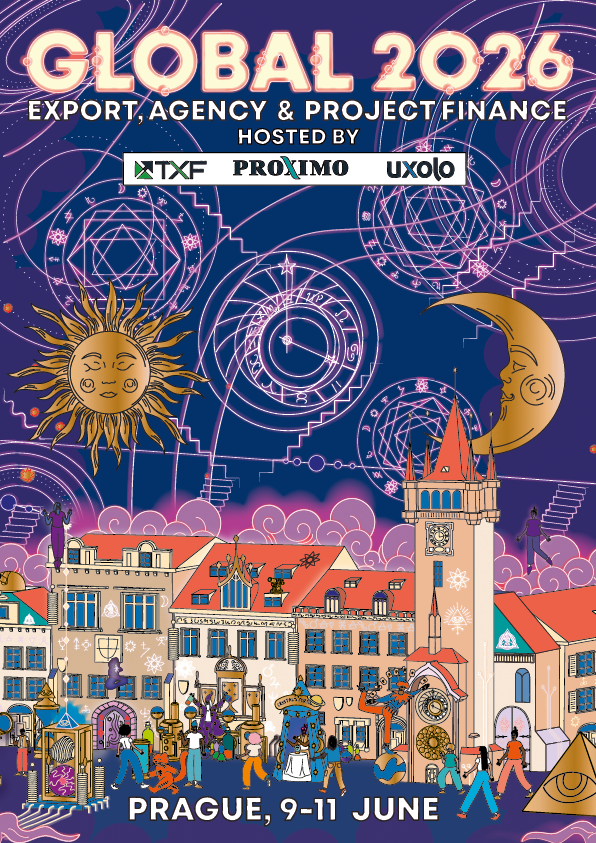How development banks can lead trade finance’s blockchain transition
In a deal that will save weeks in processing time, African development bank TDB is using blockchain technology to finance $400 million-worth of fertiliser trade finance transactions for Morocco’s OCP Group.

In major step forward for the financial industry’s adoption of blockchain technology, earlier this month the Eastern and Southern African Trade and Development Bank (TDB) announced $400 million-worth of fertiliser trade-finance transactions executed via blockchain technology with OCP Group. Consisting of trade finance letters of credit being confirmed and discounted, $270 million of the transactions have already been completed and the remainder will be executed in the coming months.
“The hope is that this will accelerate the conversations around using blockchain in trade finance,” says Michael Awori, TDB’s CEO and chief operating officer. “Covid has definitely been a game changer in that respect, with transactions taking weeks longer than normal. So that’s awoken people to the potential of this technology to speed the whole process up – I’ve had a lot more conversations about blockchain this year than the previous two years.”
The transactions came as total global trade for 2020 contracted by 5-10% as compared to the previous year, alongside reduced demand for trade finance.
From weeks to hours
Through dltledgers’ blockchain platform, the Moroccan state-owned OCP Group delivered phosphate fertilisers from Morocco to the sovereign importer in Ethiopia. The transactions – equipped with tenors ranging from 90 days to 360 days – made OCP Group the first African company to execute an intra-African trade transaction using blockchain.
Blockchain technology from Singapore-based dtledger allowed the parties to carry out the import-export trades digitally and in under two hours. Traditional transactions typically take over three weeks to complete due to the need to move physical documents from suppliers, through the banking system, to the buyer. This lengthy process was further disrupted by the Covid pandemic, often taking up to six weeks to complete as border and airport closures created additional delays. Through a blockchain platform, stakeholders are able to upload, view, edit, and validate the documentation in one private blockchain, simultaneously and in real time.
“The supplier borrows money to produce this commodity that they’re selling, and our client is buying, so every day that they can collect their receivables quicker is saving them real money. And that’s where blockchain can really add value,” says Awori. “Trade finance transactions executed via blockchain also boast a lower carbon footprint than their traditional counterparts, because documentation doesn’t need to travel between all stakeholders, and because the whole process is paperless.” They also allow for greater transparency and traceability, and reduce risks by eliminating potential errors and ambiguities in the exchange and amendment of documents.
Emerging out of the Bitcoin’s shadow
In October 2019, TDB became the first African DFI to complete a live end-to-end trade finance transaction using blockchain when it financed the import of $20 million-worth of white sugar from India to Ethiopia. However, in the years since – despite a slew of highly-publicized trade-finance blockchain pilots by various banking consortiums – the technology has still yet to take off in the industry.
Awori puts that down to a couple of factors, the primary being the common misconception that blockchain is synonymous with cryptocurrency. “The whole bitcoin storm – as well as the other crypto booms – took all the attention in respect to blockchain, and that caused quite a defensive reaction when we were trying to have conversations about using the technology in this space,” he says.
Then there was the simple fact that, when it comes to digitising trade documents, in a lot of markets the legal frameworks are not yet conducive to electronic documents. “There are some markets where, for the legal document to be valid, the final signature for that document has to be made in-country. So there are very obvious barriers to overcome there. It’s getting there, but it takes time,” Awori adds.
But these latest transactions should serve as an example for the trade finance industry globally, as well as lay out a template that can be easily replicated by TDB and others going forward. Awori foresees TDB completing at least $400 million of blockchain transactions this year. And the development bank is now working on expanding the scope of the technology; for example, using artificial intelligence and machine learning to automate processes such as compliance checks.
“As development banks, we’re here to address market failures, to foster trade and development, to take greenfield risk, to offer longer tenors; that’s what we do,” says Awori. “But we need to be more innovative with the development side, and this is an example of that: here’s a technology that can be applied in a real world use-case that can develop the technology as a solution and ultimately help crowd-in more participants.”





